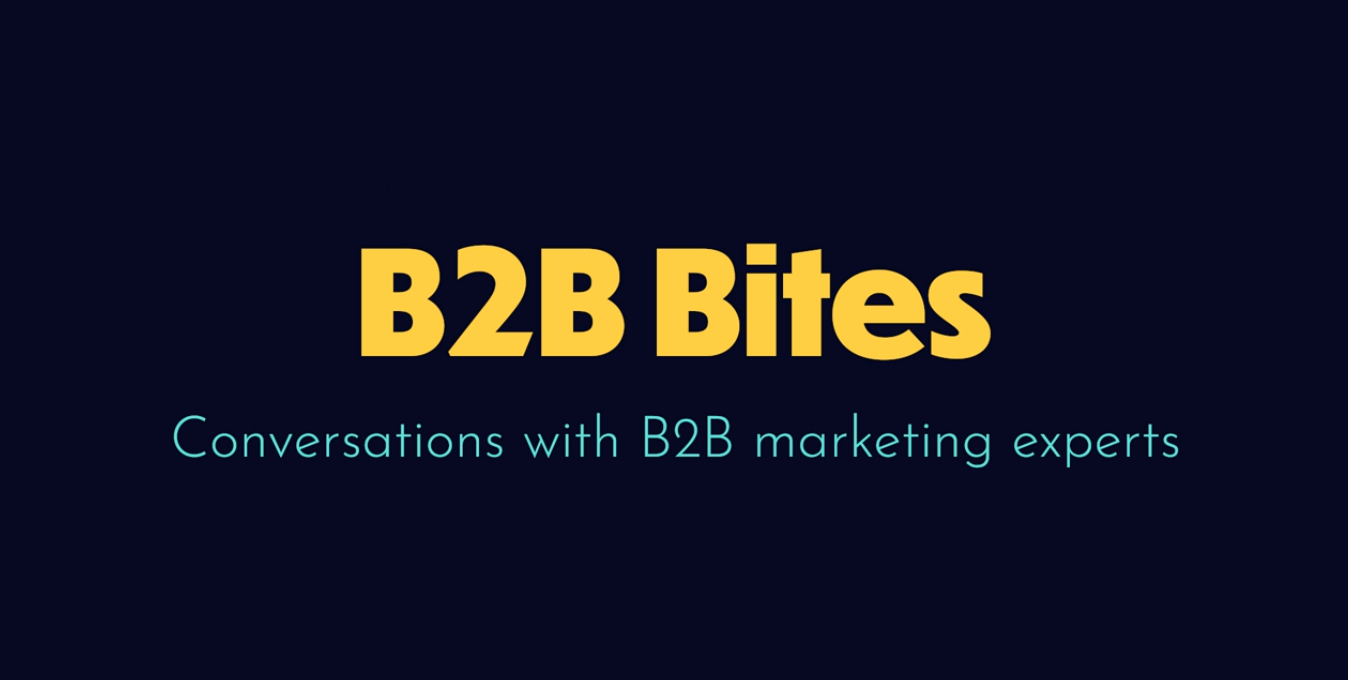[Special thanks to Michael Deane of Qeedle for his contribution to the Squaredot blog this week]
The discipline of AI research has developed significantly in the past few decades. What was once a notion used exclusively by scientists and science fictions writers is now becoming a part of our everyday life. But what about its impact on digital marketing? Read on to find out...
Advanced AI sub-routines are now being used as core components in technologies such as virtual assistants, self-driving cars, factory robots, and expert systems, and each year more applications are being added to the list. This AI-focused trend in science and technology hasn’t gone unnoticed by experts working in digital marketing. As a field that is strongly driven by technological innovation, digital marketing has started adopting AI for the purpose of developing the next generation of marketing strategies.
Key industry giants such as Google, IBM and Amazon are leading the charge when it comes to using AI for commercial purposes, but they are not alone – with the increasing availability of reasonably-priced AI software solutions, even smaller companies have the option to flex their creative muscles, and develop novel AI-powered marketing campaigns.
So how is AI currently being leveraged in the field of digital marketing...
Sophisticated data analysis techniques
The internet is a system of nodes used for exchanging data. The interactions between these nodes leave traces behind them by design, and can later be collected and analysed to produce various sorts of useful information. From time spent on page, to click-through rates, to location data, digital marketers have a lot of material to work with while planning their campaigns. However, before they can make use of this data, they first have to analyse it to find meaningful patterns. And in order to do this, they can utilise AI systems specially tailored for data analysis. AI of this sort excel at performing tasks that human analysts would find both difficult and tedious. They can recognise patterns and classify large volumes of data for a fraction of the time it would take a human, which enables digital marketers to focus on the more creative parts of the work.
Automated decision-making systems
AI is not just limited to performing data-crunching tasks. It can also act in both predefined, and non-deterministic ways, which allows it to handle different situations without humans supervising it. This gives digital marketers the opportunity to automate substantial parts of their workflow, while having the option to retake control for themselves if needed. Once an AI has gone through enough data, it will become less likely to make errors than a human, in addition to working much faster. This capacity of AI to automate tasks is frequently leveraged for lead nurture in email marketing. Lead nurturing involves sending out precisely timed emails, a task which AI is uniquely well adapted to perform. Instead of sending out emails at regular intervals to each subscribers, a digital marketer can let the AI determine when is the best moment to contact each lead, which increases the odds that they will become converts down the line.
Customer engagement chatbots
One of the reasons we find AI to be so fascinating is because we find in them certain behaviours which closely match our own. However, the computation processes that power AI are fundamentally different than those that go on in our brains. Even so, AI can simulate the way a human behaves in certain contexts. The chatbot is an example of such an AI, one that is coded to “speak” in a way that resembles the way we talk in everyday life. Chatbots are frequently used as tools for improving customer service on websites. A well-programmed chatbot can answer common user questions, perform simple tasks, and even provide entertainment value to people that like the novelty of speaking to an AI. Some studies even suggest that certain individuals prefer chatbots to live customer service representatives.

AI-directed online content
Up until now we have been focusing on how AI can help with common marketing-related tasks such as data analysis and process automation. But there is an exciting new possibility for using AI looming on the horizon. Namely, instead of treating AI as a tool, we can think of it as a collection of consumers in their own right. For instance, when someone uses a virtual assistant such as Alexa to find information online, they are in effect ordering them to behave as if they were just a person browsing the internet. And once digital assistants such as Alexa or Cortana become more popular, they will become a target audience for certain kinds of content in their own right. This will drive digital marketers to start thinking about optimising their content for these AI intermediaries, instead of human users. SEO already works like this in practice, in the sense that the goal is to communicate more effectively with an algorithm to give your content a better shot at being found.
Conclusion
According to recent trends, AI is set to become the next big step in the evolution of technology. This means good news for digital marketers, as AI-powered systems for automation, analysis, and customer engagement will become more common. It looks like the future of digital marketing is going to be dominated by AI, and the sooner marketers adapt to this coming paradigm, the better they will position themselves on the digital marketing frontier.
About The Author:

Michael Deane
Michael Deane is one of the editors of Qeedle, a small business magazine. When not blogging (or working), he can usually be spotted on the track, doing his laps, or with his nose deep in the latest John Grisham book.









